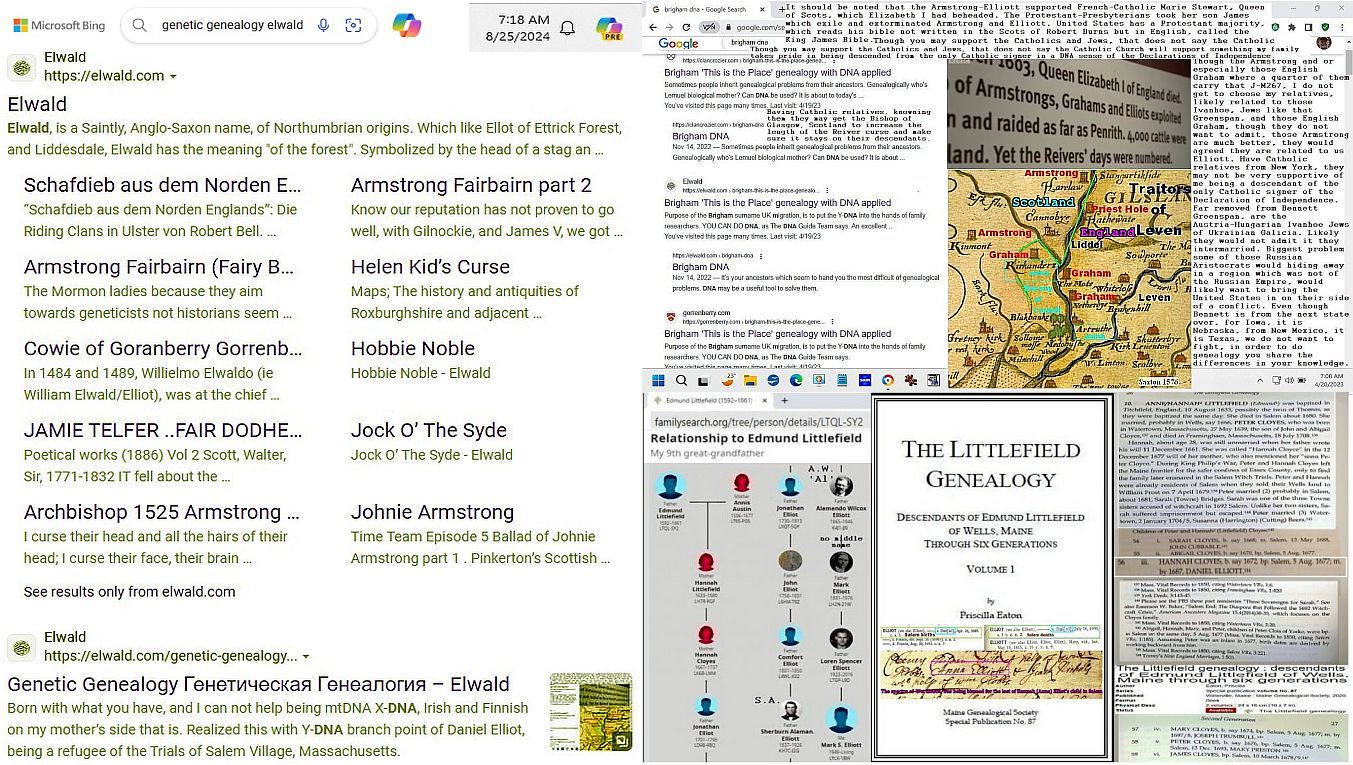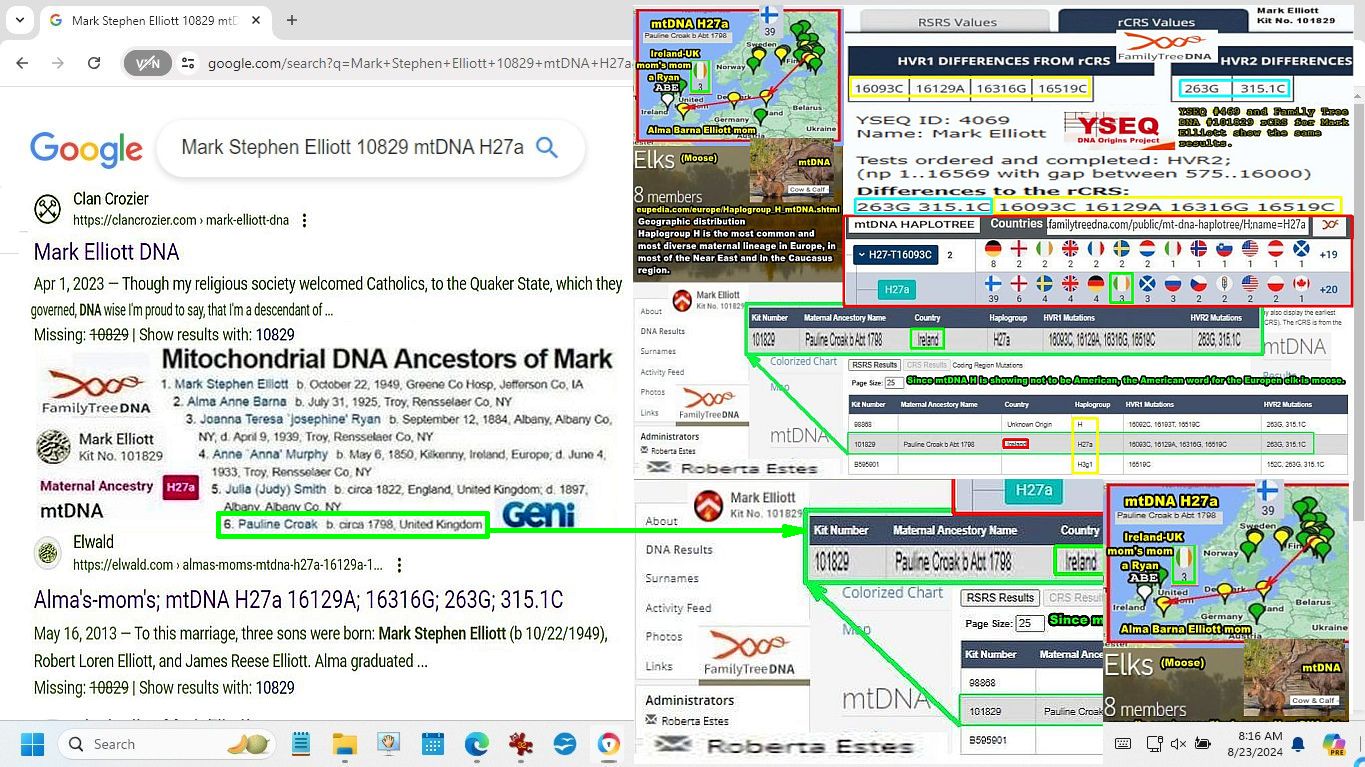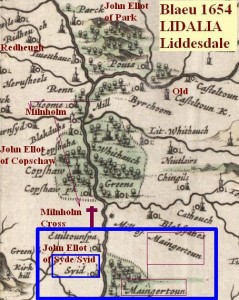Ballads: Scottish and English. With illustr. by J. Lawson By Ballads
“Jock O’ The Svde ” was a famous Border mosstrooper in the reign of Queen Mary. He resided at the Syde, in Liddesda’e, and was a nephew of the Laird of Mangertoun, and consequently cousin of the Laird’s Jock and Wat, two of his deliverers. Tradition states that he aided in the escape of the Earl of Westmoreland, after his insurrection against the Earl of Northumberland. He changed his mail and costume with the earl: and by means of the disguise the latter succeeded in eluding his guard. Jock o* the Syde was secured as a prisoner, but was afterwards rescued by his kinsmen and their followers in the manner related in the ballad. “The land-steward mentioned in this ballad, and also in * Hobble Noble,*” says Sir Walter Scott, “was an officer under the warden, to whom was committed the apprehending of delinquents, and the care of the public peace.”
Now Liddesdale has ridden a raid,
But I wat they had better hae staid at hame;
For Michael o’ Winfield he is dead,
And Jock o’ the Syde is prisoner ta’en.
For Mangertoun House Lady Downie has gane,
Her coats she has kilted up to her knee;
And down the water wi’ speed she rins,
While tears in spaits1 fa’ fast frae her e’e.
Then up and spoke our gude auldlord—
“What news, what news, sister Downie, to me?”
“Bad news, bad news, my Lord Mangertoun;
Michael is kill’d, and they hae ta’en my son Johnie,”
“Ne’er fear, sister Downie,” quo’ Mangertoun;
“I have yokes of ousen, eighty and three;
My barns, my byres, and my faulds a’ weil fill’d,
I ’11 part wi’ them a’ ere Johnie shall die.
“Three men I ’11 send to set him free,
A’ harneist wi’ the best o’ steel;
The English louns may hear and drie
The weight o’ their braid swords to feeL
“The Laird’s Jock ane, the Laird’s Wat twa,
O Hobbie Noble, thou ane maun be
Thy coat is blue, thou hast been true,
Since England banish’d thee to me.”
Now Hobbie was an English man,
In Bewcastle dale was bred and born;
But his misdeeds they were sae great,
They banish’d him ne’er to return.
Lord Mangertoun them orders gave,
“Your horses the wrang way maun be shod;
Like gentlemen ye mauna seim,
But look like corn-caugers ga’en the road.
“Your armour gude ye mauna shaw,
Nor yet appear like men o* weir; As country lads be a’ array’d,
Wi’ branks and brecham2 on each mare.”
Sae now their horses are the wrang way shod,
And Hobbie has mounted his grey sae fine;
Jock his lively bay, Wat’s on his white horse behind,
And on they rode for the water of Tyne.
At the Cholerford they all light’ down,
And there, wi’ the help of the light o’ the moon,
A tree they cut, wi’ fifteen nogs on each side,
To climb up the wa’ of Newcastle toun.
But when they came to Newcastle toun,
And were alighted at the wa’,
They fand their tree three ells ower laigh,
They fand their stick baith short and sma’.
Then up and spak the Laird’s ain Jock (laird of Mangerton (an Armstrong) John Ellot),
“There’s naething for’t; the gates we maun force.
” But when they cam the gate until,
A proud porter withstood baith men and horse.
His neck in twa the Armstrangs wrang;
Wi’ fute or hand he ne’er play’d pa!
His life and his keys at anes they hae ta’en,
And cast the body ahind the wa’.
Now sune they reach Newcastle jail,
And to the prisoner thus they call:
“Sleeps thou, wakes thou, Jock o’*the Syde,
Or art thou weary of thy thrall?”
Jock answers thus, wi’ dulefu’ tone:
“Aft, aft I wake—I seldom sleep;
But wha’s this kens my name sae weil,
And thus to mese1 my waes does seek?”
Then out and spak the gude Laird’s Jock,
“Now fear ye na, my billie,” quo’ he;
“For here are the Laird’s Jock, the Laird’s Wat,
And Hobbie Noble, come to set thee free.”
“Now haud thy tongue, my gude Laird’s Jock,
For ever, alas! this canna be;
For if a’ Liddesdale were here the night,
The morn’s the day that I maun die.
“Full fifteen stane o’ Spanish iron,
They hae laid a’ right sair on me;
Wi’ locks and keys I am fast bound
Into this dungeon dark and dreirie.”
“Fear ye na that,” quo’ the Laird’s Jock;
“A faint heart ne’er wan a fair ladie;
Work thou within, we ’11 work without,
And I ’11 be sworn we ’11 set thee free.”
The first strong door that they cam at,
They loosed it without a key;
The next chain’d door that they cam at,
They garfd it a’ to flinders flee.
The prisoner now upon his back,
The Laird’s Jock has got up fu’ hie.
And down the stairs, him, airns and a’,
Wi’ nae sma’ speid and joy, brings he.
“Now Jock, my man,” quo’ Hobbie Noble,
“Some o’ his weight ye may lay on me”
“I wat weil no I” quo’ the Laird’s ain Jock;
I count him lighter than a flee.”
Sae out at the gates they a’ are gane,
The prisoner’s set on horseback hie;
And now wi’ speid they’ve ta’en the gate,
While ilk ane jokes fu’ wantonlie:
“O Jock! sae winsomely’s ye ride,
Wi’ baith your feet upon ae side;
Sae weil ye’re harniest, and sae trig,
In troth ye sit like ony bride.”
The night, tho’ wat, they did na mind,
But hied them on fu’ merrilie,
Until they cam to Cholerford brae,
Where the water ran like mountains hie.
But when they cam to Cholerford,
There they met with an auld man;
Says—” Honest man, will the water ride?
Tell us in haste, if that ye can.”
“I wat weil no,” quo’ the gude auld man;
“I hae lived here thretty years and thrie,
And I ne’er yet saw the Tyne sae big,
Nor running anes sae like a sea.”
Then out and spoke the Laird’s saft Wat,
The greatest coward in the companie:
“Now halt, now halt! we need na try’t;
The day is come we a’ maun die I
“Puir faint-hearted thief!” cried the Laird’s ain Jock,
“There ‘ll nae man die but him that’s fey ;
I1l guide ye a’ right safely thro’;
Lift ye the pris’ner on ahint me.”
Wi’ that the water they hae ta’en,
By anes and twas they a’ swam thro’;
“Here are we a’ safe,” quo’ the Laird’s Jock,
“And, puir faint Wat, what think ye now?”
They scarce the other brae had won,
When twenty men they saw pursue; Frae
Newcastle toun they had been sent,
A’ English lads baith stout and true.
But when the land-serjeant the water saw,
“It winna ride, my lads,” says he;
Then cried aloud—” The prisoner take,
But leave the aims, I pray, to me.”
“I wat weil no,” quo’ the Laird’s Jock;
“I ‘ll keep them a’; shoon to my mare they’ll be
My gude bay mare—for I am sure
She has bought them a’ fu’ dear frae thee.”
Sae now they are on to Liddesdale,
E’en as fast as they could them hie;
The prisoner is brought to’s ain fire-side,
And there o’s aims they mak him free.
“Now Jock, my billie,” quo’ a’ the three,
“The day is com’d thou wast to die;
But thou’s as well at thy ain ingle-side,
Now sitting, I think, ‘twixt thee and me.”
Submitted by Mark Elliott 6/16/2013





Leave a Reply